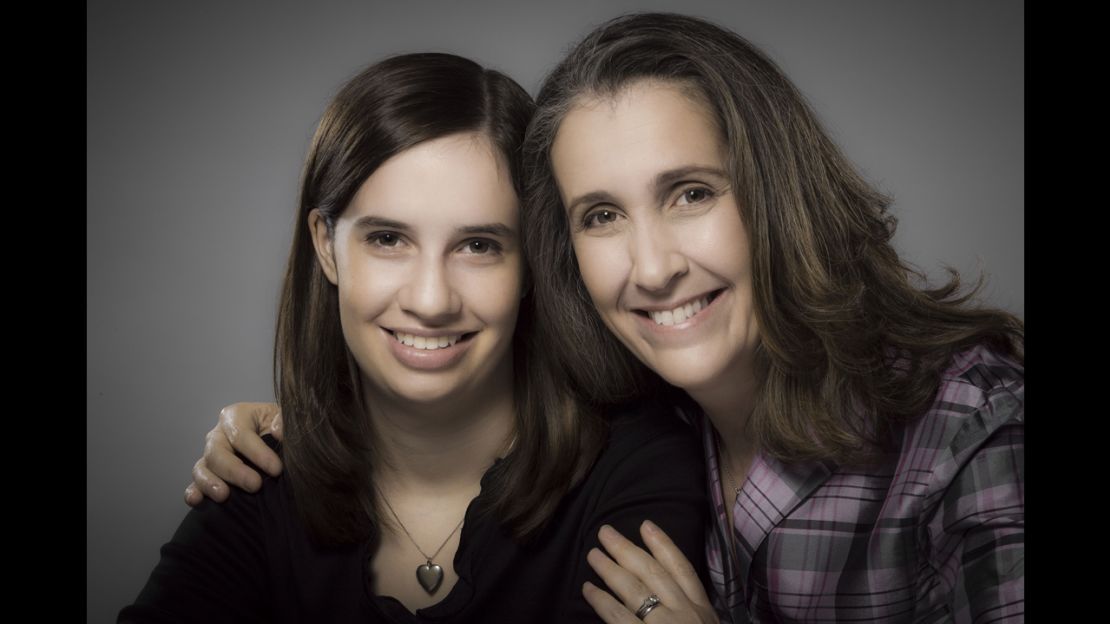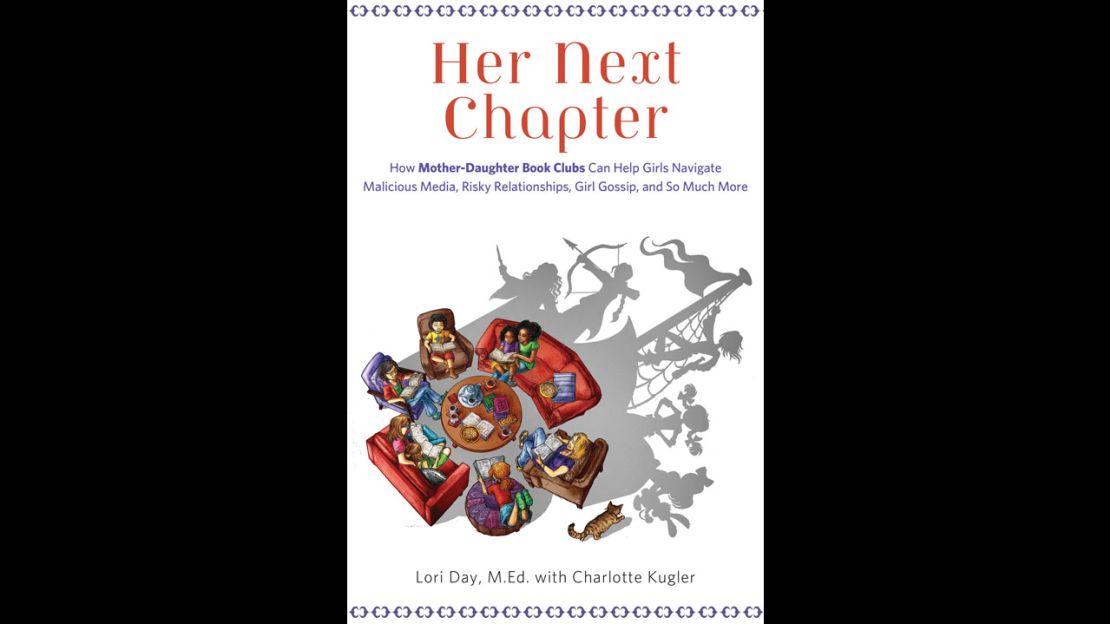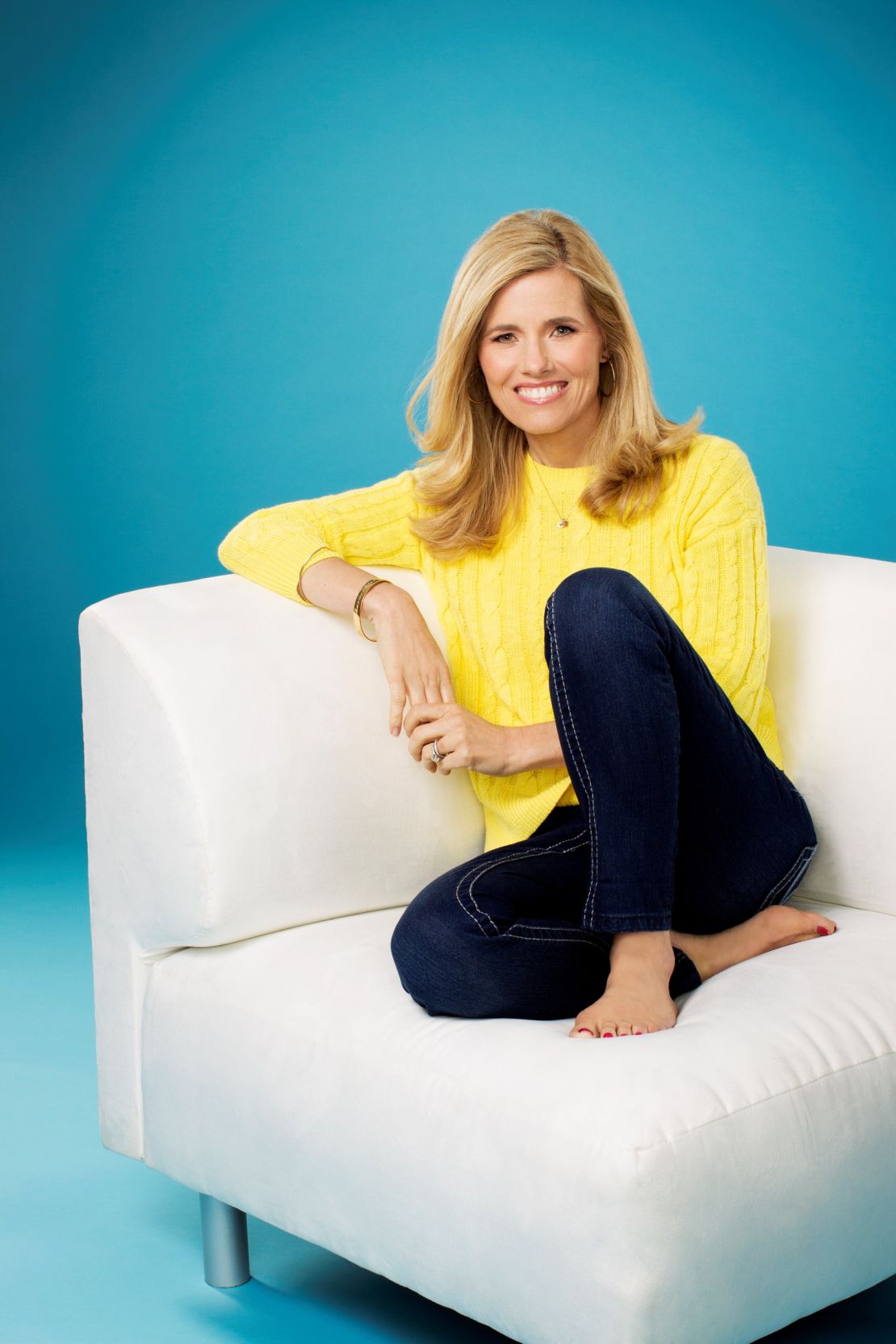Editor’s Note: Kelly Wallace is CNN’s digital correspondent and editor-at-large covering family, career and life. She is a mom of two girls. Read her other columns and follow her reports at CNN Parents and on Twitter.
Story highlights
A new book, "Her Next Chapter," explores the benefits of mother-daughter book clubs
Author Lori Day started one in 2000 when her daughter was 8
She says the clubs can help girls deal with issues such as bullying and sexualization
The book clubs also become a support system for other moms, she says
Lori Day, a mom, educational psychologist, parenting coach and new author, remembers that day about 15 years ago so well.
She was reading something in The New York Times about how clothing manufacturers were marketing adult fashions directly to girls as young as her daughter, who was 7 at the time.
Frustrated, she headed upstairs to her “clunky old Dell desktop computer” (remember, it was 1999) and wrote her first letter to the editor.

At about the same time that she says her eyes were opened to the sexualization of girls, she and her only child, Charlotte, passed by their local book shop. In the window was a display about mother-daughter book clubs.
Pink, princess-y and sexy too soon
Charlotte was immediately curious. “We went in, and she really quickly said, ‘Mommy, I want to do this.’ And … all the light bulbs were going off for me.”
Day and Charlotte, who was then 8 and in the third grade, went on to start their mother-daughter book club in 2000 with four other mothers and daughters.

Their experiences and the ways mother-daughter book clubs can help empower girls are the focus of Day’s new book, “Her Next Chapter: How Mother-Daughter Book Clubs Can Help Girls Navigate Malicious Media, Risky Relationships, Girl Gossip and So Much More.”
For six years, from the third grade up until the girls finished middle school, Day, Charlotte and the other mothers and daughters would meet monthly and tackle issues that the girls might have felt uncomfortable discussing directly with their mothers and that their moms might not have known how to bring up with them.
“You get these wonderful moments where it’s almost like the girls forget their moms are there and they’re into the discussion,” Day said. She said that happened when they read a book that involved bullying.
“And the kids will be talking about the girl who was bullied, and then one of them will say, ‘Well, that was me’ or ‘This happened to my friend.’ They’ll start telling a story about something that happened at school, and the moms are sort of invisible in that moment, and that lets you see something that you might not otherwise ever see or hear from your child or someone else’s child.”
Children’s Choice Book Awards: What your kids actually like to read
Ironically, they dealt with bullying in their very own club. One of the girls was fat-shaming another girl in the club who was overweight, and these were kids who had known each other since kindergarten and who had been together since the third grade.
“My biggest regret honestly, and I talk about this in the book, is that we never explicitly discussed at the beginning of forming our club what we would do if it happens, because there was just this … assumption that we had been friends for so long that we were somehow immune, but why did we think that?
“Anyone’s child can be the bully; anyone’s child can be bullied.”
Day recommends that mothers who are planning to start a book club get together first to discuss issues such as how they’ll handle any conflicts, the goals of the club and the comfort level with the amount of sex and violence that might be included in books, especially as the girls enter middle school.
At times, even in her own club, it was hard to come to agreement on books. She was the more liberal member of her club when it came to mature content, she says, because as someone who has worked in schools for 25 years, she knew that children are always more worldly than their parents think they are.
Mean girls: How not to raise one
“So I wanted my daughter to share about things and learn about things first with me so that … I could process those things with her and answer her questions.”
Day believes mother-daughter book clubs may be even more important today than when she started one nearly 15 years ago.
“When I was raising Charlotte, we didn’t have the Internet. We didn’t have the cyberbullying. We did not have the digital media assault on girls in terms of body image and everything that we have right now.
“I have so many concerns about how adrift girls can be and how vulnerable they are to the messages they get from media about what their role is as females, and so I think having these clubs is just a way to sidestep some of that noise.”

Helping girls navigate what they see and hear in the media was an enormous positive to their book club experience, Day said. So was getting to know her daughter, now a graduate student at the University of Rhode Island, in a unique way.
The puberty ad you’ll want to show all girls and boys
“I had a different lens on her than I ever would have had without this experience of seeing her in a group with other girls and seeing her with other female role models besides me,” she said. “It let us know the girls and the girls know us as human beings, just in a different way than mommies and daughters.”
It was also a big benefit to learn from the other mothers: to see how they modeled things, how they talked to their girls and how they handled issues.
“I mean, we dealt with a lot of the usual things that come up in life such as going back to work, divorce, more children, things that happen in the life of a family,” she said.
They also became each other’s support group. “I think mothers can feel really isolated and intimidated. The parenting culture right now is very judgmental and confusing, all these different methods … attachment parenting or this or that, and we were not about that stuff. … We created our own support system for raising these girls.”
To those who say “what about mother-son or father-son book clubs,” Day says bring them on. She supports any opportunity for parents and their children to connect over books – or movies and videos if the parents or children don’t have the interest or time to read.
Middle school transition: Tough for teens and parents
She wrote about mother-daughter book clubs, she says, because that was her experience but also because she does believe there are certain issues going on now in our culture that are particularly difficult for girls.
“Boys have issues too, and I have concerns about boys as well, but I think for girls, when you are talking about media and marketing, the sexualization, the stereotypes about girls, the dumbing down of stuff for girls is just so concerning to me, so I don’t feel I have anything to apologize for in pushing mother-daughter book clubs.”
No, you don’t, as far as this reporter is concerned. And now, as my daughter enters the third grade, I’m planning to send this story to her friends’ moms. Time for us to start a mother-daughter book club of our own!
100 books to read in a lifetime
Do you think mother-daughter book clubs are a good way to empower women? Tell Kelly Wallace on Twitter or CNN Living on Facebook.

























